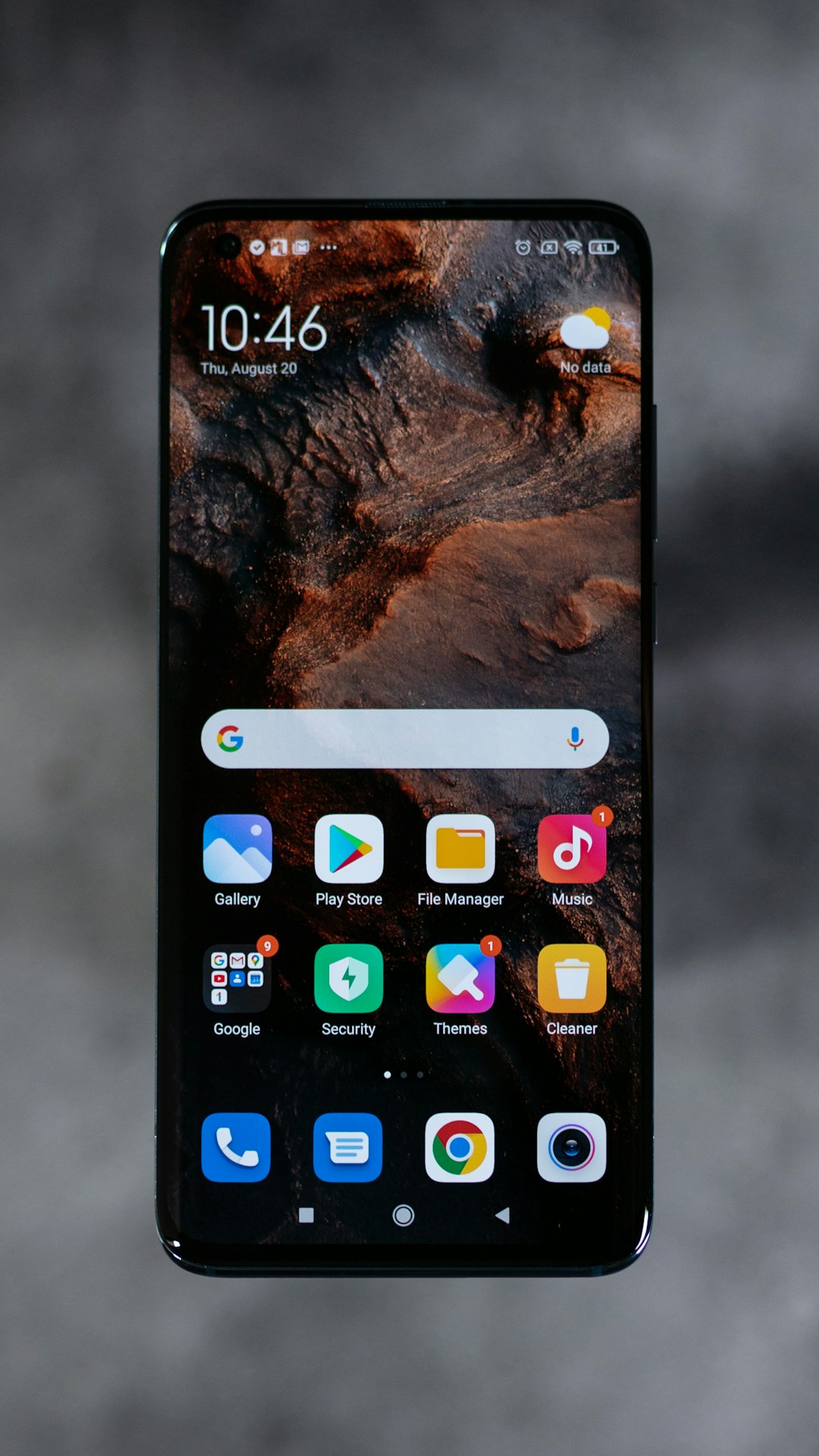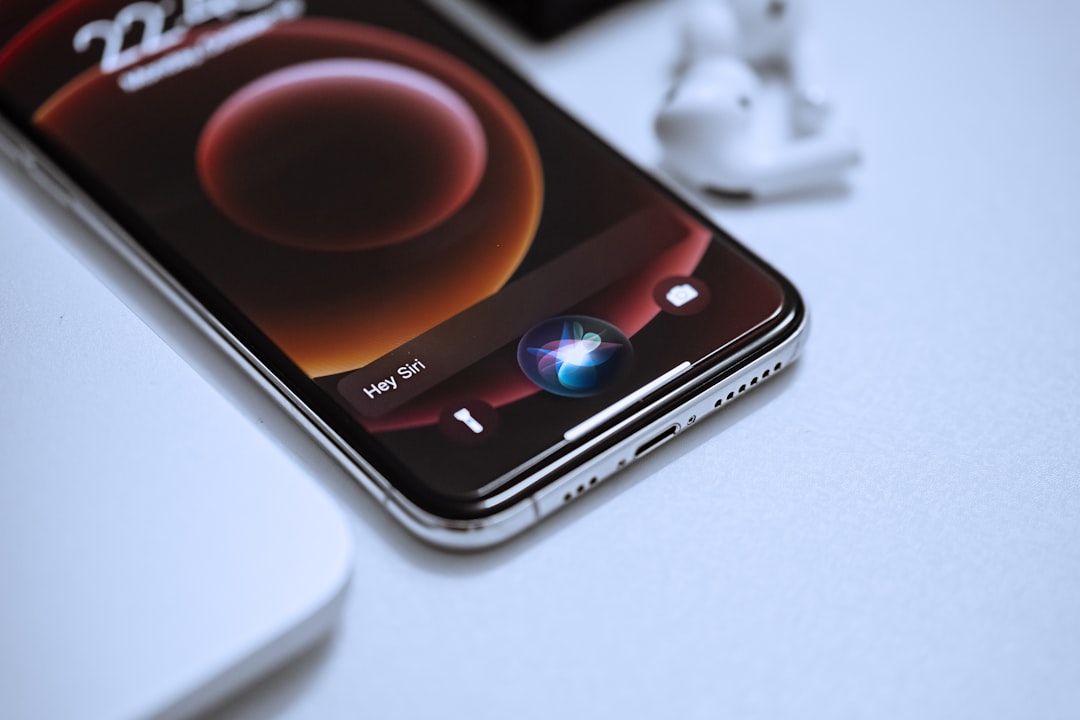Texting while driving is illegal in Phoenix, Arizona, with severe penalties. A Do Not Text Lawyer Phoenix specializes in aiding drivers facing charges, emphasizing that hands-free devices are not exempt from laws aimed at enhancing road safety and preventing accidents. These lawyers offer guidance, negotiation, and legal representation to protect rights and secure fair treatment.
In Phoenix, distracted driving, particularly cell phone use, is a serious matter. With stringent laws in place, such as those restricting texting while driving, authorities aim to promote road safety. This article delves into the nuances of Phoenix’s cell phone regulations, including penalties for violations. We explore strategies for safe smartphone usage behind the wheel and offer insights into legal defenses for distracted driving cases involving phones, emphasizing the importance of seeking counsel from a Do Not Text Lawyer Phoenix.
Phoenix Laws: Texting While Driving Restrictions

In Phoenix, texting while driving is strictly regulated to ensure road safety. According to Arizona laws, it is illegal for drivers to manually type, read, or send text messages while operating a vehicle. This includes using any device that has a data connection, such as smartphones. Violators face severe penalties, including fines and possible license suspension.
A Do Not Text Lawyer Phoenix can help individuals understand these restrictions better and provide legal guidance in case of an accident involving texting while driving. It’s crucial to remember that hands-free devices are not exempt from the ban, and drivers must focus solely on the road to prevent accidents and protect themselves and others from harm.
Do Not Text and Drive: Penalties and Fines

In Arizona, including Phoenix, texting while driving is considered a serious offense and a major distraction. The state has implemented strict laws to discourage this dangerous behavior, often referredring to as ‘Do Not Text and Drive’ initiatives. If caught sending or receiving texts behind the wheel, drivers can face significant penalties and fines. These may include hefty monetary punishments, license suspension, or even jail time, depending on the severity of the offense and any previous convictions.
For those facing charges related to texting while driving in Phoenix, consulting a Do Not Text Lawyer Phoenix can be beneficial. Legal professionals specializing in these matters can guide individuals through the legal process, help negotiate plea bargains, and ensure their rights are protected throughout. It’s always best to prioritize safety on the road and refrain from using your phone while driving—it could save lives, including your own.
Safely Using Cell Phones Behind the Wheel

Using a cell phone while driving is a significant distraction that can lead to dangerous situations on the road. To ensure safety, it’s crucial to limit phone use behind the wheel. One simple and effective rule is to refrain from texting while driving—a practice that has severe consequences, including increased risk of accidents. If you need to communicate, utilize hands-free options like Bluetooth or voice commands.
Remember, a Do Not Text Lawyer Phoenix can offer guidance and representation if you find yourself in legal trouble due to cell phone misuse while driving. Prioritizing safety means staying focused on the task at hand—driving responsibly and keeping your eyes on the road ahead.
Legal Defense for Distracted Driving Cases

In the event of a distracted driving arrest or ticket, it’s essential to consider your legal options. Many people find themselves in a difficult situation after being accused of using their cell phones while behind the wheel. A Do Not Text Lawyer Phoenix can offer specialized expertise and knowledge to defend against such charges. They understand that Arizona laws regarding phone use while driving are strict, but they also recognize that every case is unique.
These legal professionals will examine the circumstances surrounding your arrest, gather evidence, and develop a robust defense strategy. They may argue that your actions did not constitute a violation of the law or present mitigating factors that could lead to reduced charges or penalties. Their goal is to protect your rights and ensure you receive fair treatment in the legal process.






